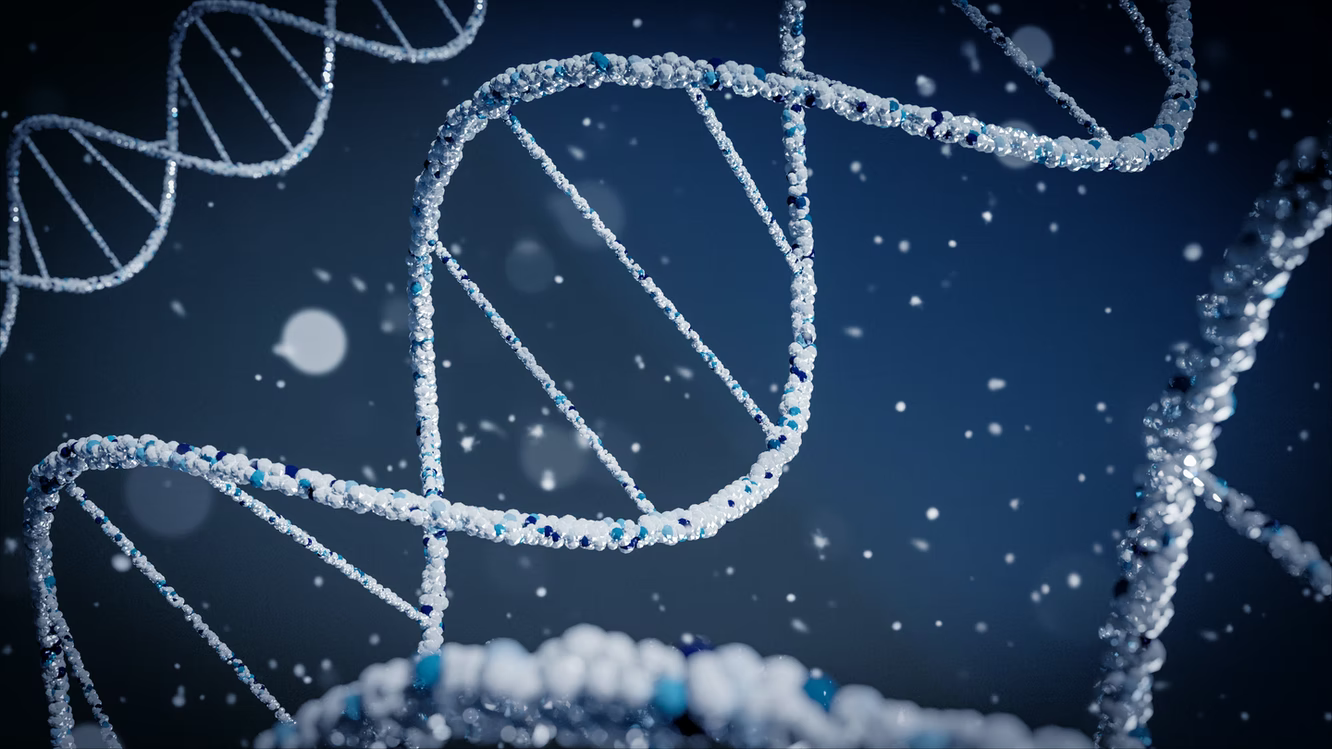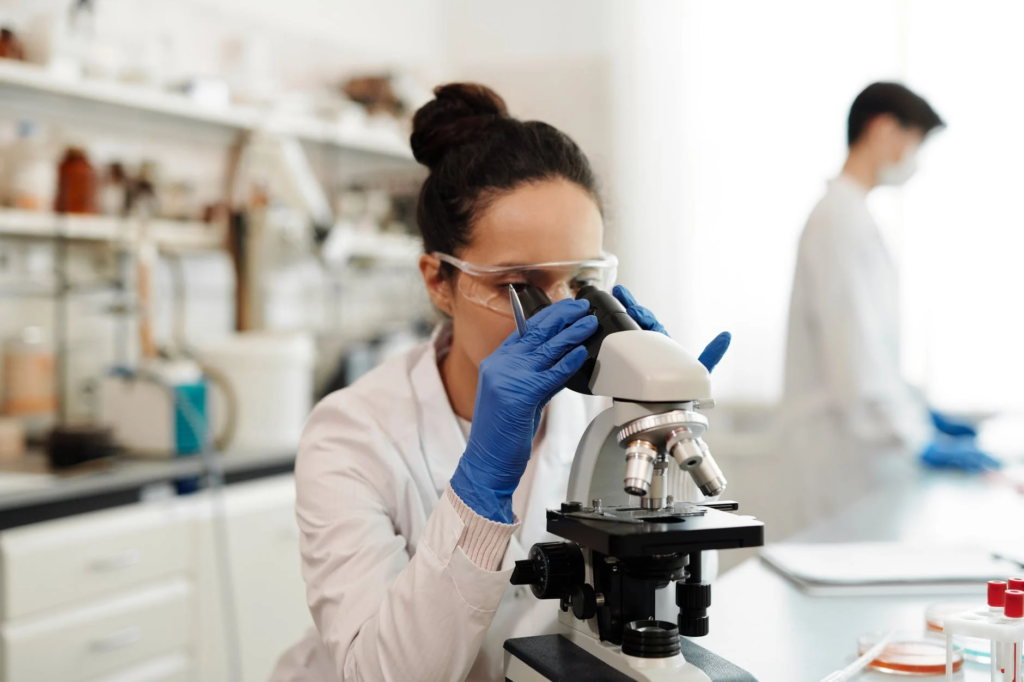
Paternity Testing: A Quick Overview

In the United States, about 300,000 paternity tests are carried out every year to determine whether a man is the biological father of a child, says the National Institute of Health. Paternity testing, also known as genetic testing, is a procedure by which a person’s biological relationship with another person is determined. If you want to learn more about paternity testing, you’ve come to the right place. Here’s a brief overview of the procedure:
Reasons to Opt for Paternity Testing
Paternity tests can be used for various reasons, including:
- To identify children who have been separated from their birth parents;
- To confirm that people claiming to be blood relatives are indeed related by blood;
- To establish legal, social (and often financial) responsibility for children born out of wedlock;
- To identify genetic diseases and reveal information about hereditary traits and even a child’s social habits.
How Accurate are Paternity Tests?
The Travelers – United States Department of State mentions that DNA or Genetic testing can provide conclusive evidence about whether or not someone is a child’s father even using home phlebotomy services VA. The accuracy rate of paternity tests is 99.9%. That’s nearly 100% with less than a 1% chance that you aren’t the father if your DNA matches. The reason why this test is so accurate is that all men have a set of genetic markers that are unique to them.
How Long Does Paternity Testing Take?
The entire process for paternity testing typically takes a few minutes, with results often available within 2-3 working days. In most cases, you will receive your results sooner. If a legal application is being made, results might have to be available within 24 hours.
How Does DNA Paternity Testing Conformity Work?
Genetic testing can be performed on either DNA or RNA samples collected by expert phlebotomists VA from blood, hair roots, or buccal swabs (saliva). The DNA test determines paternity by comparing the offspring’s DNA with that of its mother and alleged father.

The probability of paternity is determined by looking at specific genetic characteristics called markers. These markers, or loci, are locations on a chromosome where we can find variations in DNA sequence between individuals.
There are more than 100,000 of these markers, but only a small number (less than 20) are used in routine DNA testing for paternity. The more of these markers matched between the alleged father and an individual, the higher is the probability that they are that person’s biological father. The most accurate tests will have all 12-20 markers matched, indicating paternity confirmation.
Is Prenatal Paternal Testing Possible?
Advances in prenatal paternity testing have made it possible to determine a child’s paternity without risking the life of the mother or child. Prenatal paternity testing can be performed as early as 8 weeks after conception.
If you need high-quality sample collection services for a paternity test, contact Phlebotomy On Wheels. We also offer mobile laboratory services. Our skilled technicians carry out home blood test services in Maryland, DC, and Northern VA.


